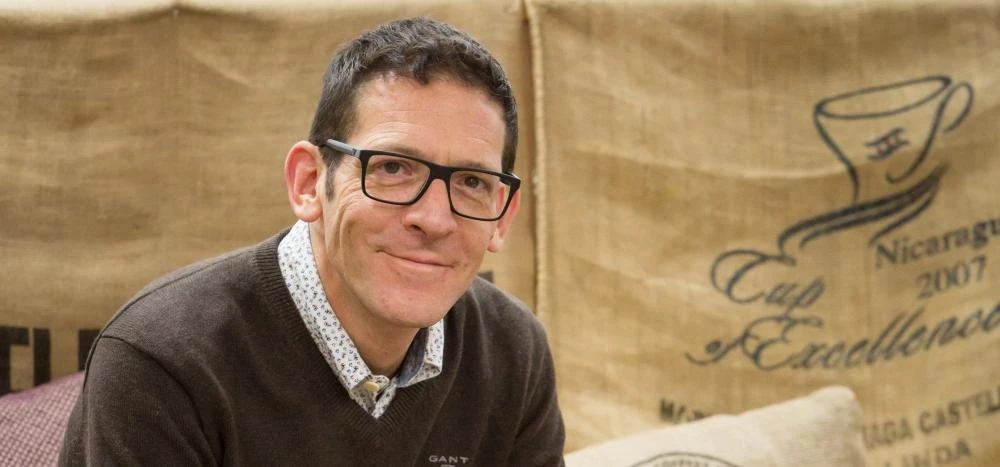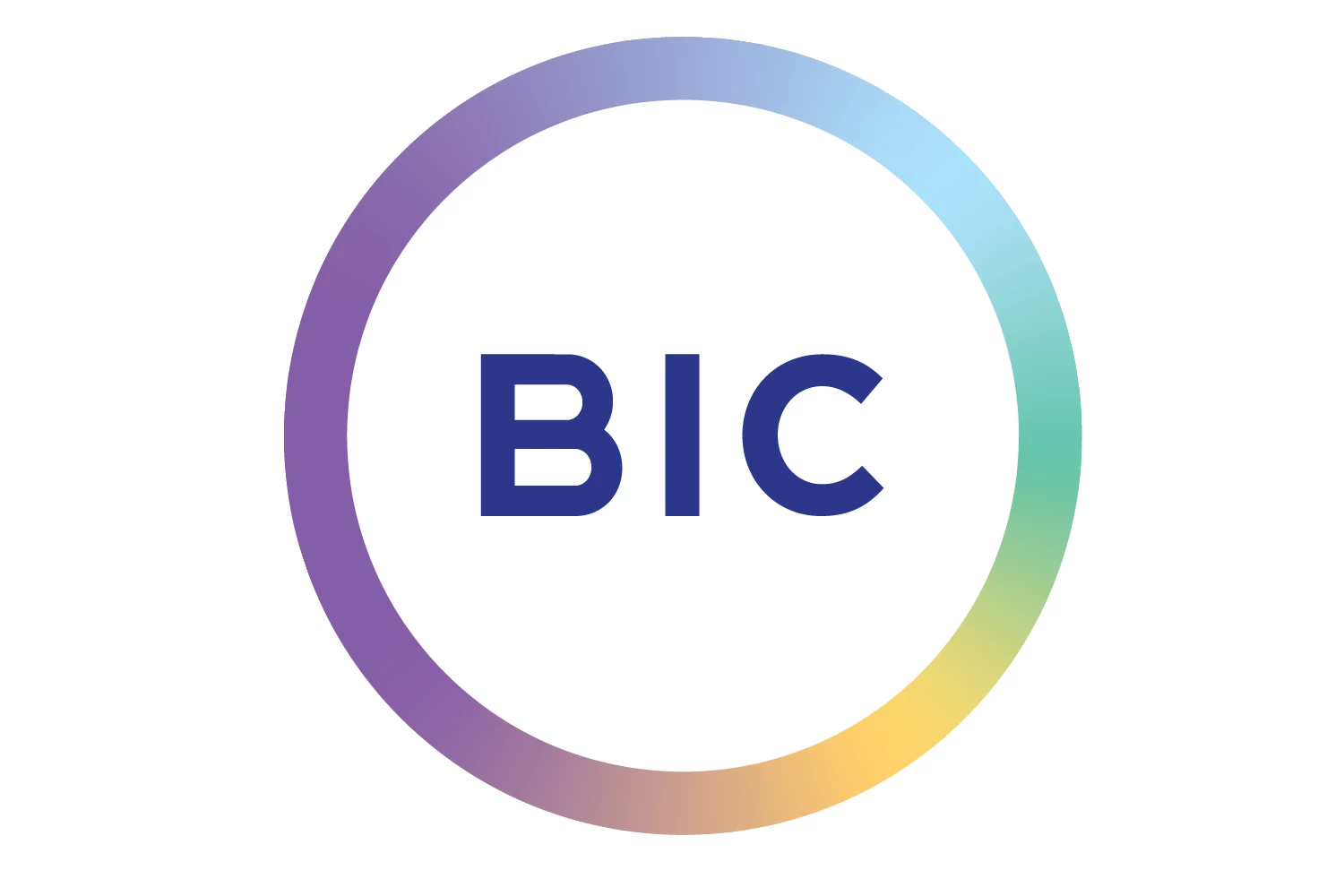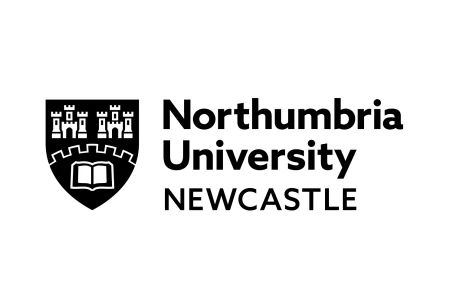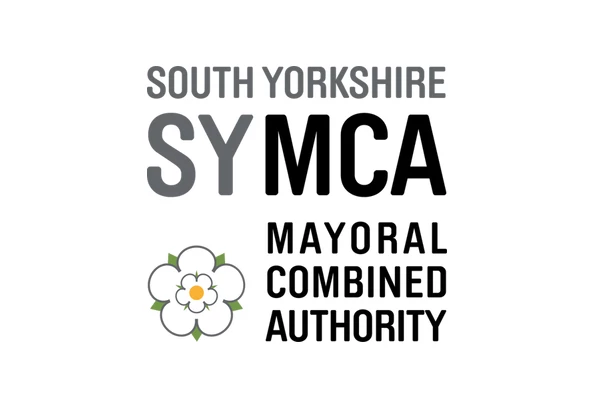
Member Article
Interview: Talking sustainability with Jeremy Torz of Union Hand-Roasted Coffee
Sometimes in the business world you’ll come across someone who is truly driven by a passion for the industry they are in. Other times it’s a zeal for an ethical cause or initiative that drives them. Jeremy Torz is motivated by both those things.
Over the course of our extended chat, we touched upon a number of topics, but what repeatedly came to the fore again and again were his joint passions: outstanding coffee and sustainable business. And in Union Hand-Roasted Coffee, the company he founded in 2001 with his partner Steven Macatonia, you have the perfect embodiment of that dual vision.
“Coffee isn’t just something that comes in a foil bag, it’s the product of human lives and existence.”
Based out of London, the coffee roaster prides itself on high-quality artisan coffee which it sells to consumers and businesses.
What truly sets it apart is its Union Trade Direct model, a sustainable business model that aims to properly remunerate and support coffee bean farmers for their efforts, so that they can invest in their farms, families and communities.
As Jeremy himself explains: “Coffee isn’t just something that comes in a foil bag, it’s the product of human lives and existence. We realised early on that, as a roaster, we could be in between producer and customer and share some of those producer-side stories with our customer-base.”
The decision to put the farmers and producers at the heart of the business pre-dates Union and stems back to the early 90s, when Jeremy and Steven lived on the West Coast of the US.
It was here, in the vibrant artisan coffee scene of the time, that the seeds of Union Hand-Roasted Coffee were planted: “Living in the West Coast of America sparked our passion for coffee. We’d been enjoying what had started to happen with speciality coffee there in the 90s.”
“We’ve always had a motivation to visit the farms and buy directly from them.”
Inspired by their time in the US, they returned to the UK and set up a small roasting business supplying restaurants as well as the coffee chain Seattle Coffee Company UK. A merger with Seattle Coffee Company eventually followed before the chain was snapped up by international giant Starbucks in 1998.
Even at this early stage, Jeremy and Steven had an idea about what sort of coffee they would like to roast and how they wanted to go about it. As such, after a couple of years working with Starbucks they to decided to duck out and go it alone.
Already their vision was clear. Jeremy continues: “We’ve always had a motivation to visit the farms and buy directly from them. We spent six months talking about different ideas and we realised every conversation came back to coffee. So we thought: well let’s go and have a look and see what happens at farm level.”
An auspiciously-timed trip to Guatemala in 2001, a trip which would eventually see the creation of Union itself, opened both of their eyes to the plight of coffee farmers around the world.
Their visit to the Central American country coincided with the worst ever slump in coffee commodity prices, and the impact on farmers was severe.
“At a time when the New York coffee market was at an all-time low, third and fourth generation farming families were struggling to hold on to their land. We just thought there’s got to be a different way to the adversarial buying that’s been done commercially for the last 100-150 years.”
The ‘adversarial buying’ that Jeremy talks about is the commodity-quality market, where the big producers and buyers go where the cheapest beans are, and move on to the next market once the coffee becomes too expensive. It’s a market based on price, not quality. And it was from this Guatemalan epiphany that Union Hand-Roasted Coffee was born.
“…we’re on the ground there, over multiple years, working with them to say: how can we be a better buyer?”
A glance through Union’s website shows the extent of its reach, stretching to some of the world’s most exotic coffee hotspots. From Brazil and Colombia to Indonesia and Ethiopia, Union have been there, on the ground, making a real difference to the coffee growing communities.
Their project in Rwanda is one which they are particularly proud of, as Jeremy tells me: “It’s one of our longest relationships; something like 25,000 people have been impacted by our coffee. It’s only from visiting once a year, every year, that you are able to understand that.”
Such a commitment to their supply chain, and a recognition of the impact of their buying arrangements, is something that some of Union’s bigger rivals simply can’t match.
It’s also a commitment that even the likes of supposedly sustainable marks of quality such as Fair Trade can’t match.
He continues: “There’s no aspiration there. This is our biggest problem with all these schemes. They’re not getting engaged at the farm level. In the case of organisations like Rainforest, they don’t have a price floor. And in the case of Fair Trade, that price floor is too low.
“Part of the thing we seek to do is that we need to be able to prove that we’re on the ground there, over multiple years, working with them to say: how can we be a better buyer?”
“As a Union employee, there’s a simple test you have do every day. Ask yourself: have I done the best for the company and our clients?”
Union’s ethical credentials don’t just begin and end with its figureheads either. They pulse through the veins of the entire organisation, from Jeremy and Steven at the top, right the way down to every single person the organisation recruits.
As he explains: “What we try to say at Union is that as much as money plays a role in any business, it is important to take pride in what we’ve created. This ethos is present even down to the way we recruit.
“As a Union employee, there’s a simple test you have do every day. Ask yourself have I done the best for the company and our clients? That simple test translates into honesty and integrity in everything that we do and supply.”
Underlying it all is a commitment to providing consumers and clients with high quality coffee. With UK tastes becoming more sophisticated and with consumers, in Jeremy’s words, having ‘a better idea about what makes a good cup of coffee’, Union are tapping into an evolution that is spreading right across Britain’s high streets and beyond.
Touching upon these changing expectations he said: “One of the things we’ve seen with food service clients is that there’s a lot of stuff happening with coffee at the moment.
“They know something is changing in the market but they’re not necessarily fully understanding it. Catering businesses as well are increasingly looking to offer that same boutique quality.
“Being at the bigger end of the small guys but very much smaller than the big guys, Union’s in a good place to help those businesses who are looking to bring something new to their customers but don’t know how to do it.”
“It is possible for a company to have significant turnover and be committed to its core values.”
It’s clear that there is still a long way to go before the developed world balances the significant debts it owes to the natural and developing world.
In much the same way that consumer demand and changing tastes are driving the demand for better tasting coffee, there needs to be comparable bottom-up pressure from consumers to force companies to operate in more sustainable ways.
In such a climate, pioneering organisations like Union Hand-Roasted Coffee have an important role to play in both providing an ethical and sustainable alternative to the mainstream, and educating and influencing people into making the sustainable choice more often.
This needn’t come at the cost of businesses making money either. As Jeremy himself puts it: “It is possible for a company to have significant turnover and be committed to its core values.”
I finish by asking Jeremy where he sees Union going in the coming months and years: “Where does Union go? We very much hope to keep growing. Our ambition is to double the size of the business in the next few years.
“There will be a new wave of coffee drinkers who will expect a whole plethora of different styles and qualities. People will need to be educated about what they’re consuming and that education is where we’ve got to grow.”
To take a look at Union’s range of coffees and to learn more about the projects they’re running across the globe visit www.unionroasted.com.
Looking to promote your product/service to SME businesses in your region? Find out how Bdaily can help →
Enjoy the read? Get Bdaily delivered.
Sign up to receive our popular morning London email for free.



 How advancements in technology are shaping the future of the economy in North East England
How advancements in technology are shaping the future of the economy in North East England
 South Yorkshire Craftsmanship and Innovation: A Tale of Heritage and Growth
South Yorkshire Craftsmanship and Innovation: A Tale of Heritage and Growth
 Demystifying Degree Apprenticeships
Demystifying Degree Apprenticeships
 Industry-focused apprenticeships pave the way for a bright future in science manufacturing
Industry-focused apprenticeships pave the way for a bright future in science manufacturing
 What’s the best hosting plan for a business website?
What’s the best hosting plan for a business website?